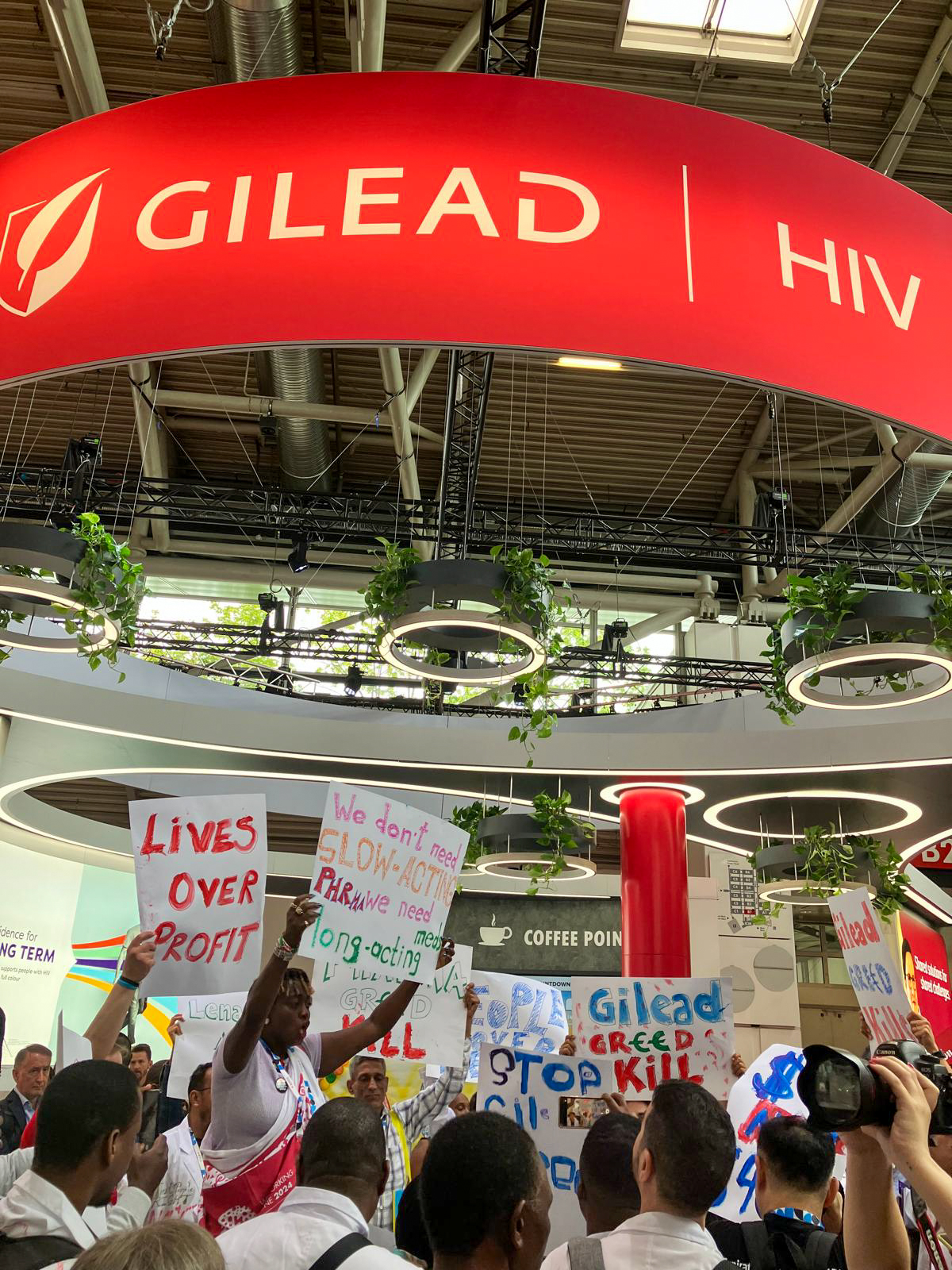Indonesia AIDS Coalition (IAC), a community-based organization advocating on HIV-related issues, filed a post-grant opposition against the secondary (selection) patent of the HIV drug lenacapavir in Indonesia in 2023, arguing that the patent does not meet patentability criteria. The opposition proceedings are currently at the expert witness examination stage. This patent opposition aims to expand affordable access to the drug, which shows overwhelming efficacy for preventing HIV infections.

Lenacapavir, produced by the U.S.-based pharmaceutical company Gilead Sciences, is a long-acting ARV which is administered through 2 injections per year. The patent monopoly held by Gilead restricts the entry of generic producers of the treatment.
According to UNAIDS, lenacapavir “provides hope of accelerating efforts to end AIDS … but only if Gilead ensures that all people who need it can have access to this game-changing medicine.” However, access to lenacapavir is currently hindered by patents filed by Gilead in Indonesia. While Indonesia is one of the countries included in the voluntary license from Gilead, which permits future supply of a generic version of lenacapavir, no Indonesian manufacturers are listed as sublicensees, which prevents the access and resilience of a national treatment program in the country.
Currently, lenacapavir is sold in the US at $42,250 per patient per year. However, research from the University of Liverpool, conducted within the Make Medicines Affordable campaign, shows the price could drop to between $26 to $40 based on production volume. Manufacturing generic versions of the treatment would make it accessible to millions of people living with HIV worldwide, including in Indonesia, where the average monthly income is $191.
According to the latest data from the Ministry of Health, only 62% of the 503,000 people living with HIV in Indonesia are receiving treatment. This means nearly 200,000 people living with HIV in the country are not being treated, in part due to issues accessing life-saving treatments such as lenacapavir.
Aditya Wardhana, Executive Director of IAC, said the significant gap in treatment access in Indonesia “poses a major challenge to achieving the global target to end the HIV/ AIDS epidemic by 2030.”
In the patent opposition process, which has been ongoing since 2023, IAC argues that Gilead’s patents do not meet the requirements for patent granting in Indonesia. Patent laws in Indonesia prohibit “patent evergreening” — a tactic used by pharmaceutical companies to patent minor modifications of a drug in order to extend its monopoly beyond the standard 20 years. These patent monopolies lead to high drug prices due to a lack of competition.
“Unjustified monopolies on essential medicines cannot be tolerated,” said Wardhana. “The longer public access to lenacapavir is delayed, the more new infections — and even deaths from AIDS — we will see globally.”
Click here to read the entire press release.

